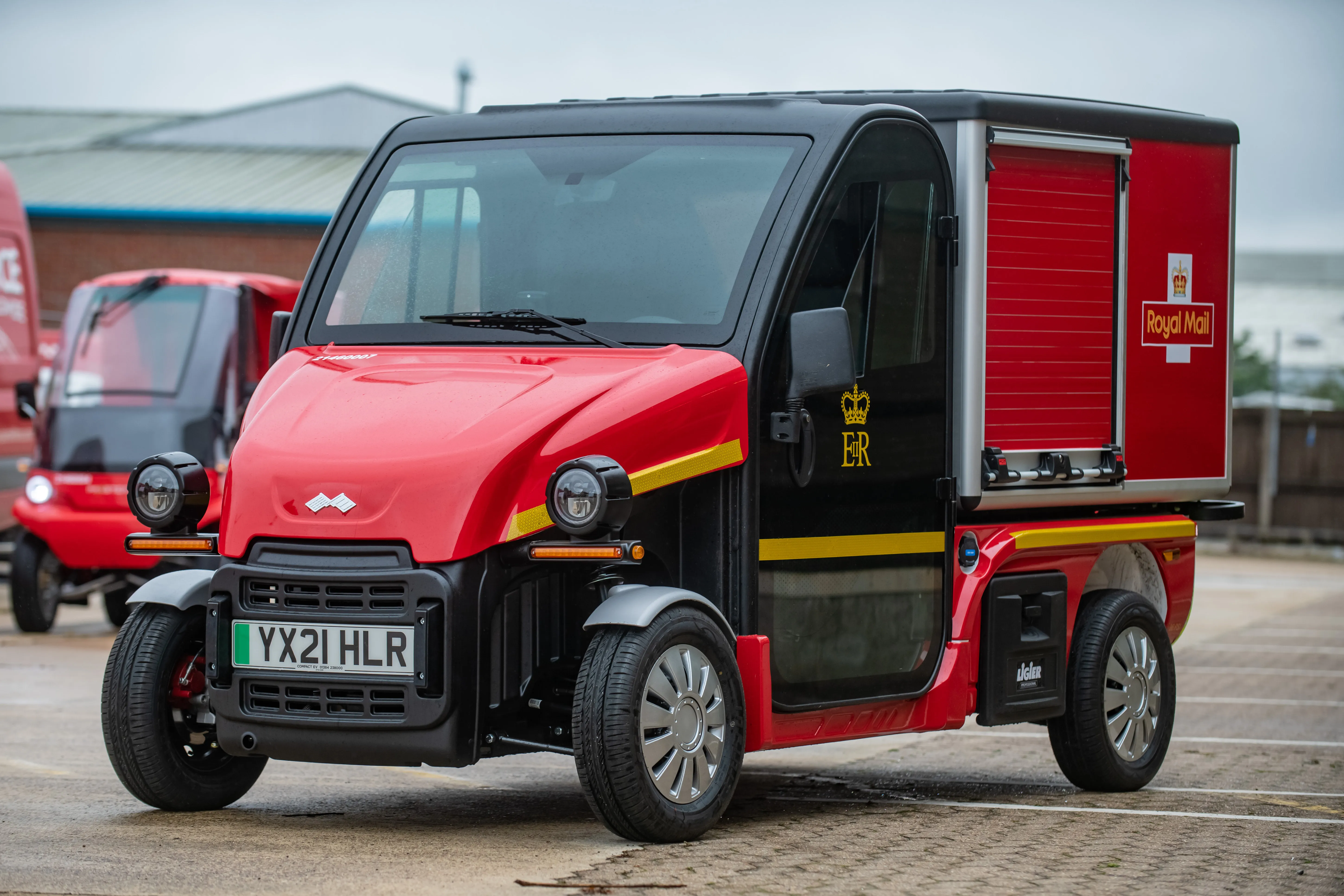From 2019, every Volvo launched by carmaker
Volvo Cars will introduce a portfolio of electrified cars across its model range, embracing fully electric cars, plug-in hybrid cars and mild-hybrid cars.
It will launch five fully electric cars between 2019 and 2021, three of which will be Volvo models and two of which will be high-performance electrified cars from Polestar, Volvo Cars’ performance car arm. Full details of these models will be announced at a later date.
These five cars will be supplemented by a range of petrol and diesel plug-in hybrid and mild-hybrid 48-volt options on all models, representing one of the broadest electrified car offerings of any car maker.
This means that there will in future be no Volvo cars without an electric motor, as pure ICE cars are gradually phased out and replaced by ICE cars that are enhanced with electrified options.
The announcement underlines Volvo Cars’ commitment to minimising its environmental impact and making the cities of the future cleaner. Volvo Cars is focused on reducing the carbon emissions of both its products as well as its operations. It aims to have climate-neutral manufacturing operations by 2025.
The decision also follows this month’s announcement that Volvo Cars will turn Polestar into a new separately branded electrified global high-performance car company.
Volvo cars to go all electric or hybrid by 2019
From 2019, every Volvo launched by carmaker Volvo Cars, the premium car maker will have an electric motor, marking the historic end of cars that have only an internal combustion engine (ICE) and placing electrification at the core of its future business.
July 6, 2017
Read time: 2 mins









